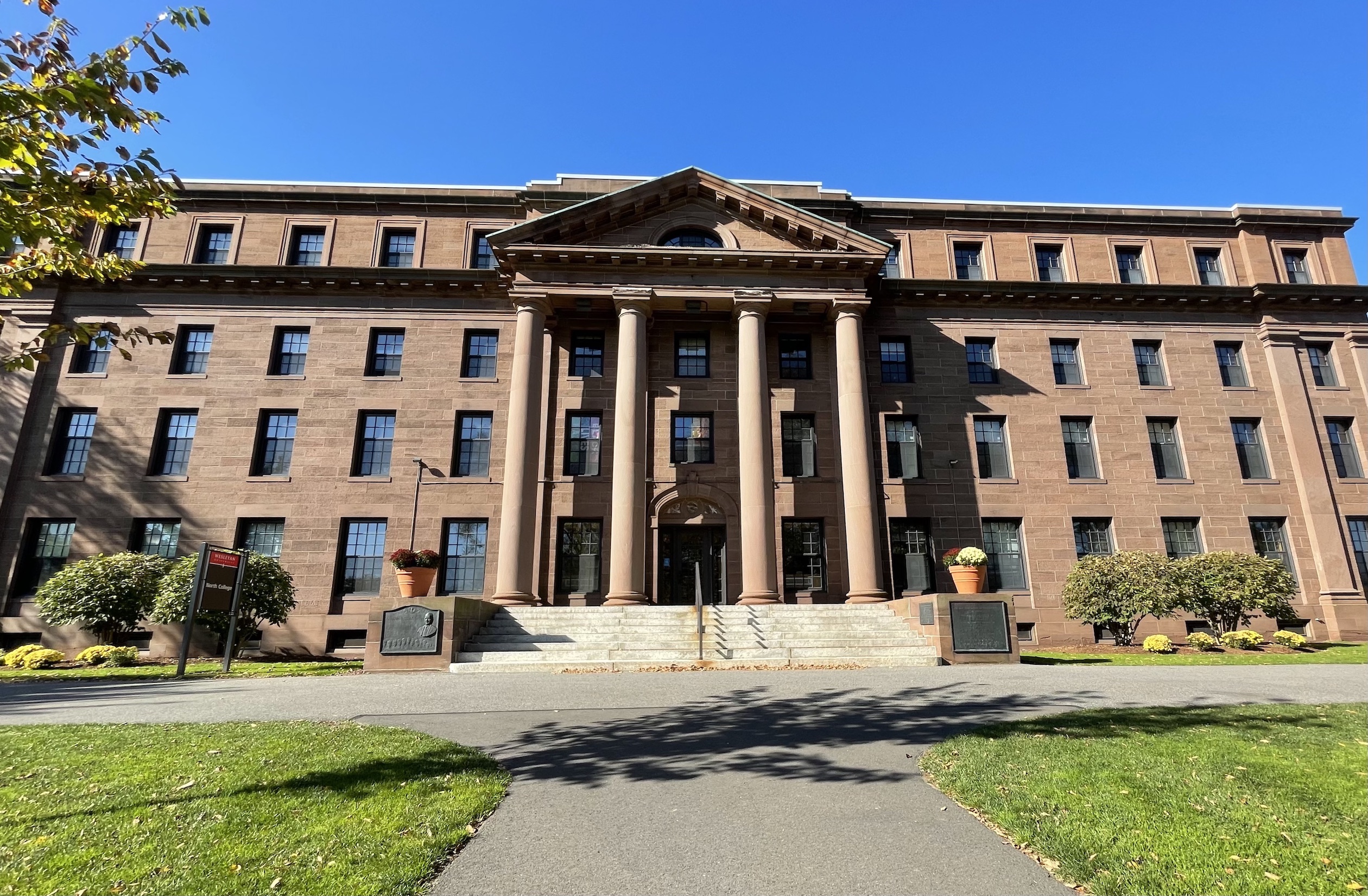
President Michael Roth ’78 announced that loans will no longer be a part of student financial aid packages beginning with the Fall 2024 semester in a campus-wide email sent on Thursday, Sept. 28.
The new no-loan policy encompasses both institutional loans as well as Federal Direct Loans issued to U.S. citizens and eligible non-citizens who complete Free Application for Student Aid (FAFSA) forms, which currently have standard loan limits depending on class year. Private loan policies will remain unchanged.
The University only provided institutional loans to DACA (Deferred Action for Childhood Arrivals), undocumented, and international students in the past, while other students relied on federal loans. The new policy ends these institutional loans and renders all students are eligible for University grants. The University believes the new policy will mitigate costs for middle-income families who receive financial aid packages but are not eligible for institutional need-based grants.
“Since we value the [socioeconomic diversity] aspect of the student experience, we must put financial resources towards it,” Director of Financial Aid Jen Duncan said.
Because the University issues institutional loans according to an individual student’s need and Wesleyan’s financial aid packaging policies, the loans change with every annual admissions cycle. The new no-loan policy will ensure that institutional grants will also be distributed according to individual student need without limit. The policy applies to all undergraduates receiving financial aid.
“The future of our program is to keep adapting, as best as we can, to the evolving needs of our students and to increase our recruitment reach,” Duncan said.
The University intends the elimination of loans as a way to make Wesleyan education a more feasible option for applicants. Students may take out loans to pay for textbooks, dorm supplies, and other non-tuition expenses.
“When students complete Wesleyan degrees, their career and life choices should be guided by their passions and talents, and not by the necessity of paying off loans,” Vice President and Dean of Admission and Financial Aid Amin Gonzalez ’96 told The Wesleyan Connection.
When offering institutional loans to students in previous years, the Students Accounts Office would contact those eligible and ask them to fill out a promissory note and an information sheet. No official application form was required. Until the new policy goes into effect, all institutional loans must still be repaid six months after graduating, barring any deferment or forbearance periods, and can be extended for up to 10 years. The interest rate stands at 8%, which many students were worried about repaying following graduation.
“I was so scared about repaying my student loans,” an anonymous student said. “It all adds up.”
A typical student financial aid package includes a combination of government grants, need-based grants, and, when applicable, a work-study plan funded by the federal government and the University. The current federal work-study amount is $2,750, which can be earned through on-campus and certain off-campus employment sites and contributes to educational expenses. There are no institutional need-based grants available for insufficient work-study amounts. If students do not earn their work-study or if they fully utilize their earnings, it has no impact to other components of their financial aid offer.
Students with a higher level of financial need—undocumented, DACA, international, and independent students—may also receive institutional grants for health insurance, as well as those whom have non-comparable coverage according to the University. Small start-up grants are also offered to first-year families that contribute less than $7,000.
With tuition costs nearly tripling over the last four decades, students across the nation are struggling to meet the financial demands of attending four-year universities. With this change in policy, Wesleyan University joins 56 other “no-loan colleges,” including Tufts University, Amherst College, the University of Chicago, the University of California schools, and more recently the Washington University in St. Louis and Emory University. A majority of Ivy League universities have also instituted similar programs.
Princeton University was the first to implement a no-loan financial aid policy in 2001, replacing loans with grants for eligible students. The Princeton Financial Aid Application (PFAA) is available for both U.S. and international applicants, and ensures middle and low-income students are able to finance their college education. Additionally, Princeton students whose families make less than $100,000 a year are entitled to free tuition assistance, which began in Fall 2023.
“It was about time Wesleyan followed what other places are doing,” the anonymous student said. “I’m sometimes a little fed up with how Wesleyan lags behind all these other schools.”
Other students also expressed support for the University’s new policy and believe that the removal of loans will make Wesleyan a more affordable option for many of their peers.
“I think that it’s great especially because I know people who are on partial financial aid who were having an absolute crisis last semester because of how badly Wesleyan handled their loans,” Diana Tran ’26 said. “I knew someone who was seriously considering dropping out because of their financial situation, but I think with the no-loans policy, that won’t ever be anything they’d have to consider ever again.”
Although the no-loan policy will take effect soon, many believe that the Office of Financial Aid has a long road of improvement ahead and hope to see other policy changes in the future.
Tran hopes that the Office of Financial Aid will expand further as it continues to reconsider its policies.
“The financial aid office should employ more financial aid people,” said Tran. “They’re dealing with so many people’s financial aids that employing more people will overwork them less and be helpful for students who need the guidance.”
Carolyn Neugarten can be reached at cneugarten@wesleyan.edu.



Leave a Reply